Qatar is the Middle East’s mediator-in-chief. The assassination of Hamas’s senior leadership and Gaza War’s regionalization to Lebanon have not thwarted Qatar’s push for a ceasefire and the release of ninety-seven Israeli hostages in Hamas’s custody.
Qatari prime minister Sheikh Mohammed bin Abdulrahman al-Thani welcomed US secretary of state Antony Blinken to Doha last Thursday. Sheikh Mohammed announced that Qatar had “re-engaged” with Hamas after Yahya Sinwar’s death and would host US and Israeli negotiators for ceasefire talks. Blinken enthusiastically endorsed this proposal. On Sunday, CIA chief Bill Burns and Mossad head David Barnea arrived in Doha. As Egypt proposed the release of four Israeli hostages in exchange for a two-day ceasefire, Burns and Barnea brainstormed plans for a broader hostage release agreement.
Hopeful signs, but is the Qatari-led mediation process poised for a breakthrough? While Sinwar’s death bolstered optimism amongst Israelis about a potential hostage release deal, skepticism still abounds. Eran Etzion, the former head of policy planning for the Israeli Ministry of Foreign Affairs, told me that prime minister Benjamin Netanyahu’s intransigence would prevent a temporary ceasefire from being obtained. Hamas’s latest calls for a complete ceasefire, which depart from the six-week pause it proposed in early July, are a bridge too far for Israelis traumatized by the harrowing memories of October 7.
The mood in Doha is more sanguine. On Tuesday, Qatari Foreign Ministry spokesman Majed al-Ansari declared that “much progress has been made in the negotiations for a hostage deal.” When I interviewed him two days earlier, Al-Ansari elaborated by saying: “The death of Sinwar did not lead to a Mission Accomplished moment by Netanyahu but also, critically, did not destroy the negotiations framework with Hamas.” A much more upbeat evaluation than Sheikh Mohammed’s October 16 assertion that diplomatic engagement had ceased for nearly a month.
Qatar’s past mediation successes could explain its optimism in this delicate moment. On October 20, 2023, Qatar negotiated the release of US citizens Judith and Natalie Ramaan from Hamas custody. This success paved the way for the November 2023 ceasefire, which resulted in the release of eighty-five Israeli hostages and twenty workers. In January 2024, Qatar worked with France on brokering a deal to deliver urgent medication to forty-five Israeli hostages suffering from chronic diseases. These successes were the product of Qatar’s intense shuttle diplomacy between Israel and Hamas, and with fellow peace brokers Egypt and the US.
To convert recent flickers of optimism into a ceasefire and to free the hostages, Qatar needs to transcend persistent criticisms of its mediation efforts, assist in the de-escalation of the regional war, and find common ground with Israelis who can steer Netanyahu towards peace. An ambitious set of goals but Qatar is doing its utmost to achieve them.
Due to its continued hosting of Hamas officials and large-scale financial assistance provisions to the Hamas-led Gaza Strip before October 7, Qatar’s standing as a honest broker has been called into question. Qatar is fighting the narrative that it has the economic and diplomatic leverage to compel Hamas to release the hostages but is choosing not to do so on ideological grounds. This argument has inspired calls for a re-evaluation of US-Qatar security cooperation and the shuttering of the al-Udeid Air Base near Doha.
Qatar has compelling counterpoints to refute these criticisms. Qatar says that the Hamas political office was opened in 2012 in coordination with the US following a request from Washington to establish indirect lines of communication with the group. Even strident critics of Qatar’s mediation role like Richard Goldberg, the coordinator of the Trump administration’s maximum pressure campaign against Iran, admit to the US’s acquiescence. Qatar’s past financial assistance to Gaza was delivered in coordination with the UN and with Israel’s express approval. In a 2020 letter to Qatar’s Emir Tamim bin Hamad al-Thani, Mossad chief Yossi Cohen praised Qatar’s aid to the Gaza Strip as a contributor to regional security and stability.
The Gaza War’s spread to Lebanon and to varying extents, Yemen, Iraq, and Syria, further complicates the path to a ceasefire. Israel’s decision not to strike Iranian oil and nuclear facilities could contain the conflict’s scope, assuming Iran does not retaliate asymmetrically. But the war’s metastasis makes even a temporary ceasefire harder to obtain.
While Israelis vigorously debate whether a temporary ceasefire can transpire in Gaza while its war against Hezbollah in Lebanon continues, Qatar sees these theaters as inter-related. Al-Ansari articulated Qatar’s position to me as follows: “To contain a regional war, you don’t just have to engage with Iran. You also have to engage with members of the Axis of Resistance such as Hamas and the Houthis. This is what we are doing through the Israel-Hamas ceasefire negotiations and in Yemen, with the Quintet format. We are trying to use dialogue to create an atmosphere where all parties converge.”
While Qatar’s singular ability to bring Hamas to the table has received widespread attention, its array of dialogue partners in Israel has often been overlooked. This network has been a quarter-century in the making. Qatar had an operational trade office in Israel from 1996-00 and Israeli foreign minister Tzipi Livni visited Doha in April 2008 to discuss normalizing relations with Arab states. These informal links facilitated Qatar’s mediation roles in the 2014 and 2021 Gaza Wars.
Since October 7, Qatar has deepened those networks and regularly engaged with the families of Israeli hostages. Daniel Lifshitz, the grandson of pro-peace activist-turned-hostage Oded Lifshitz, visited Doha in January. Alongside other hostage family members, he engaged with Sheikh Mohammed on the situation’s urgency and Hamas’s obstruction of negotiations.
When I spoke to Lifshitz on Monday, he said that Sinwar’s death created a narrow window of opportunity for a hostage release deal. Lifshitz hoped that Hamas’s leadership would be held accountable for their heinous crimes and that the international community would unite against the use of hostage-taking as a tool of war.
Noble goals that can only be achieved by a temporary ceasefire in Gaza.
This article was originally published on The Spectator’s UK website.



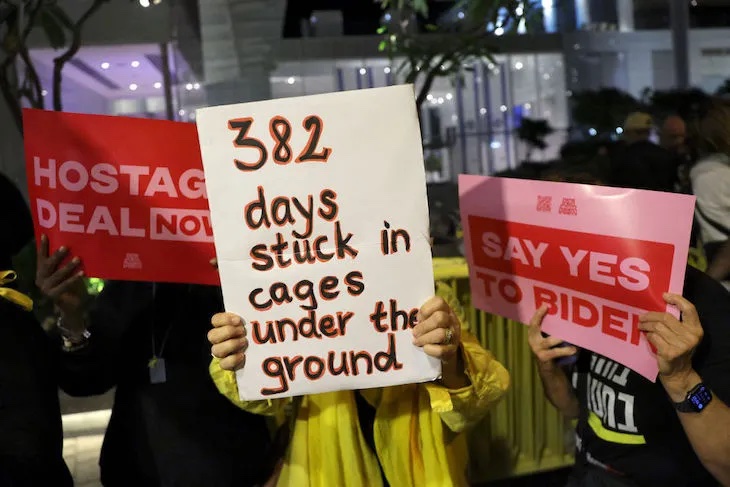






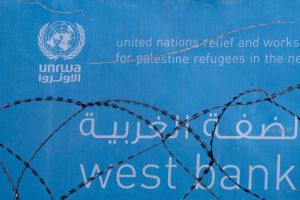



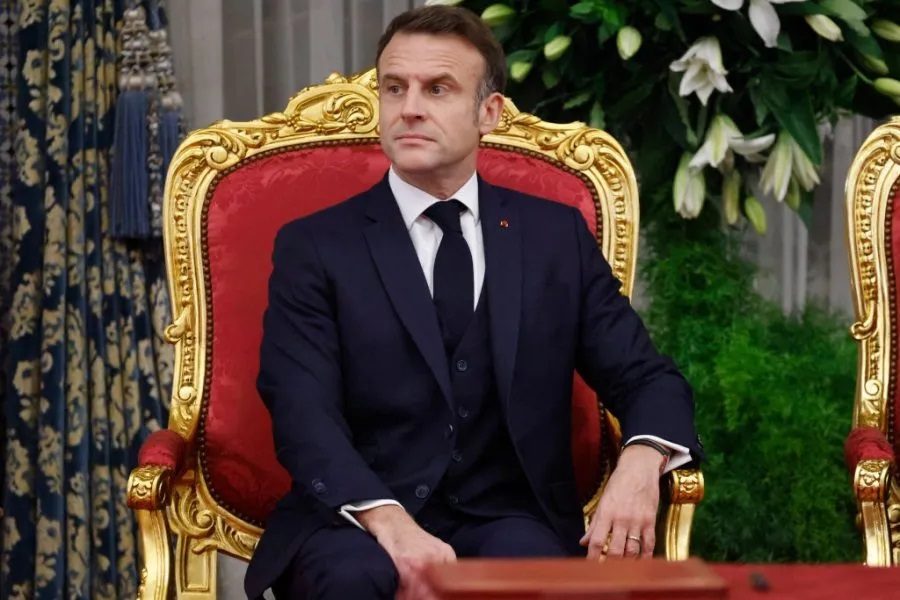
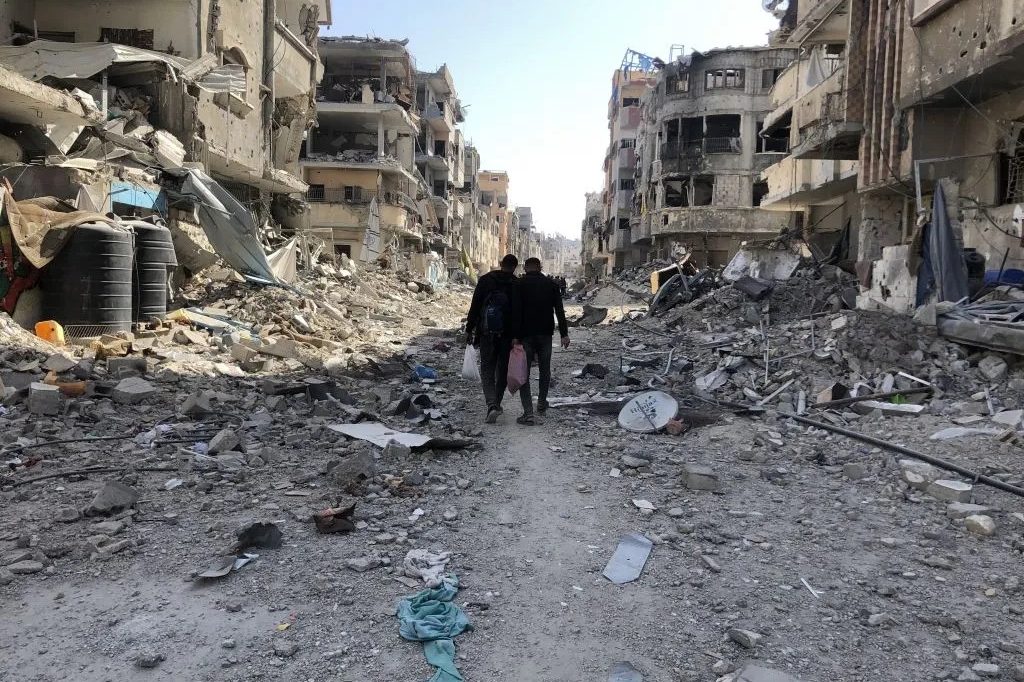

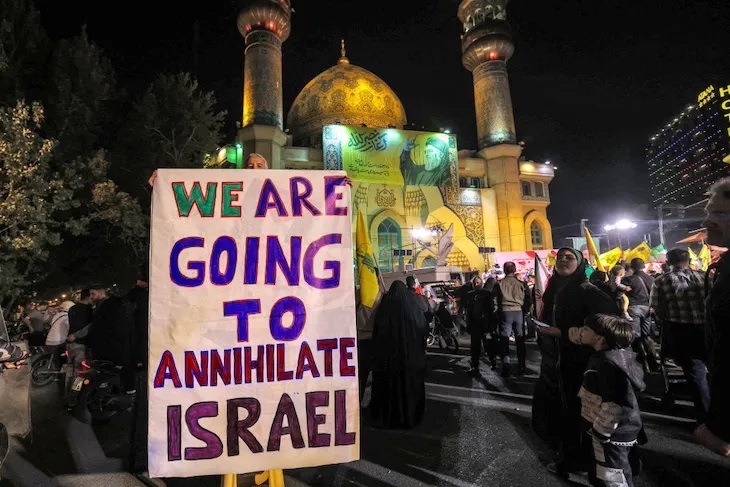
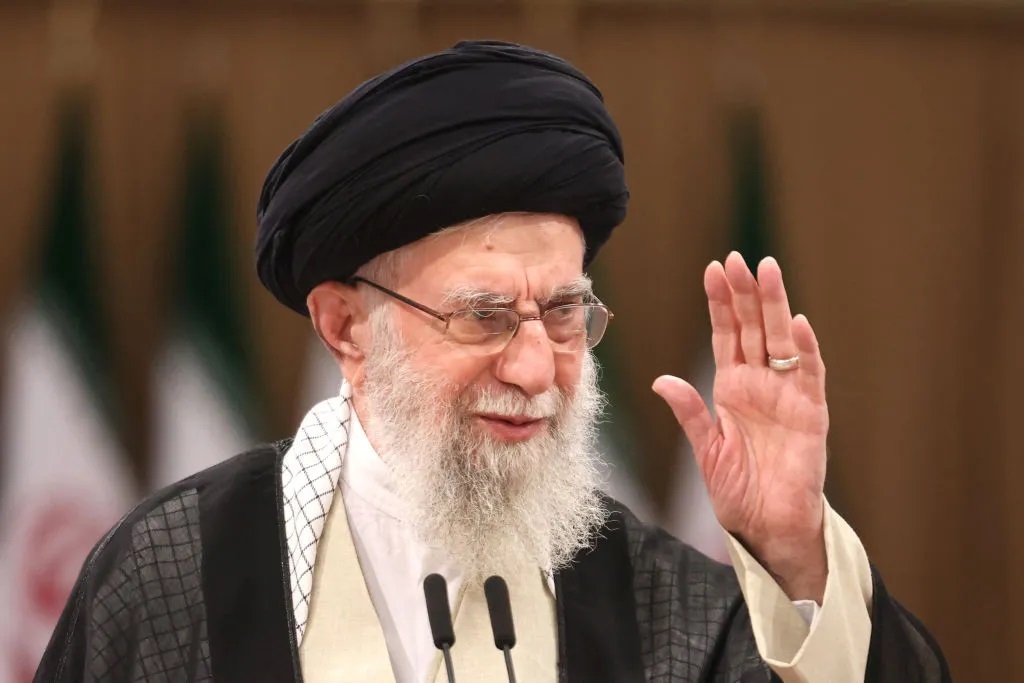







Leave a Reply